Over the weekend, reports surfaced that some iTunes account holders were involved in an increasing number of fraud cases, some of which appeared to be orchestrated by developers who allegedly used the accounts to boost their sales ratings. In addition, some others were affected by a widespread hack of user accounts.
A wave of suspicious purchases appeared to boost a single developer named Thuat Nguyen, who took over 40 spots in the top 50 applications on the App Store's books category. Nguyen was the creator of a number of Japanese manga titles, and listed under the name "mycompany" with the website "Home.com."
On Tuesday, Apple told Engadget that Nguyen and his applications were removed from the App Store for violating the developer Program License Agreement. The official statement said that Nguyen was involved in "fraudulent purchase patterns."
"Developers do not receive any iTunes confidential customer data when an app is downloaded," the company said. "If your credit card or iTunes password is stolen and used on iTunes we recommend that you contact your financial institution and inquire about canceling the card and issuing a chargeback for any unauthorized transactions. We also recommendt hat you change your iTunes account password immediately. For more information on best practices for password security visit http://www.apple.com/support/itunes."
 Katie Marsal
Katie Marsal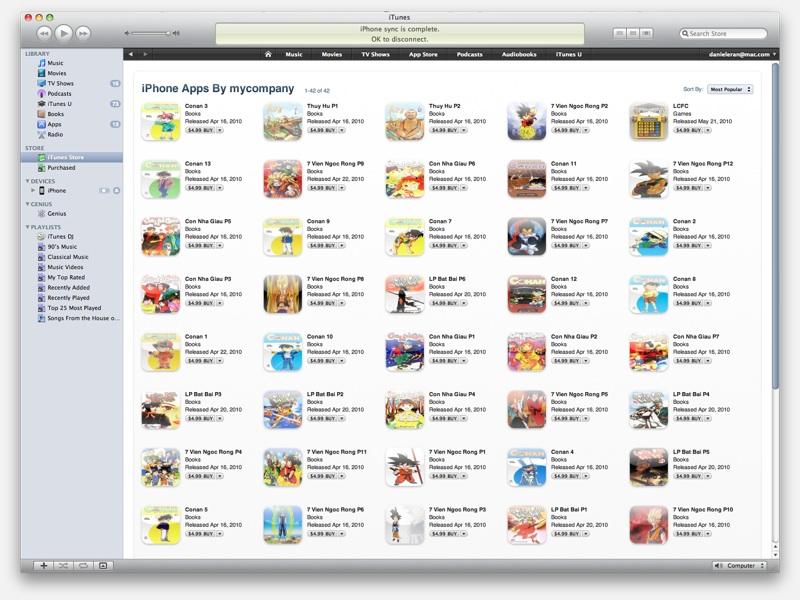
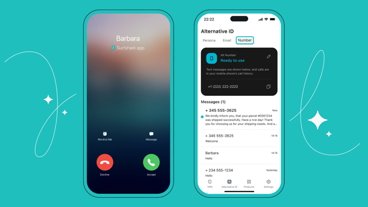
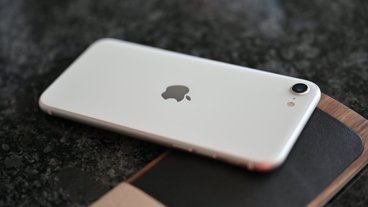
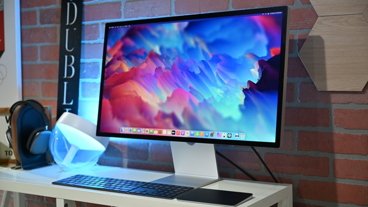
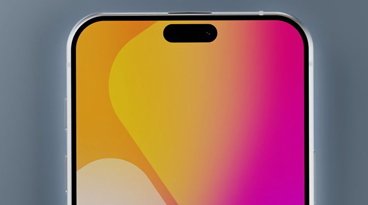

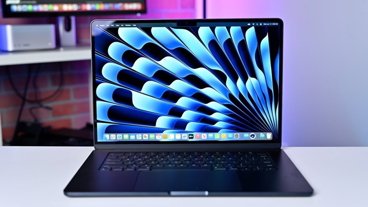
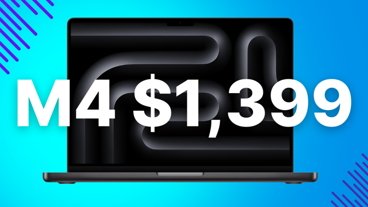
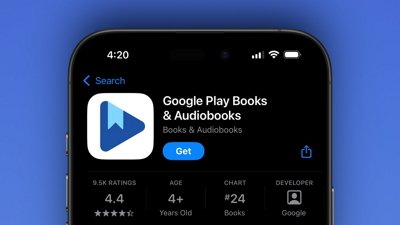
 Wesley Hilliard
Wesley Hilliard
 Malcolm Owen
Malcolm Owen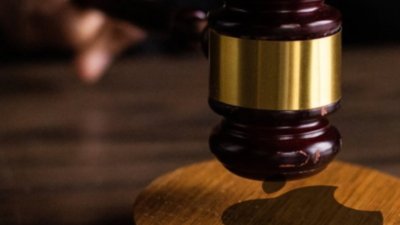
 Amber Neely
Amber Neely
 Christine McKee
Christine McKee
 Andrew Orr
Andrew Orr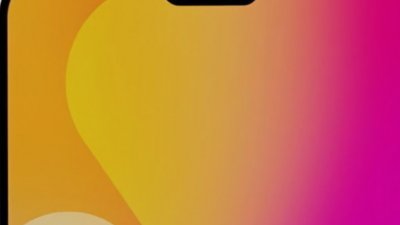
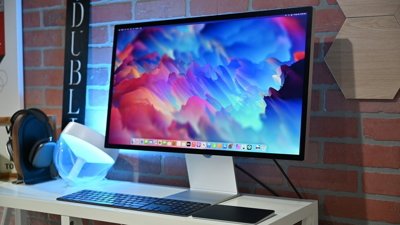
 Mike Wuerthele and Malcolm Owen
Mike Wuerthele and Malcolm Owen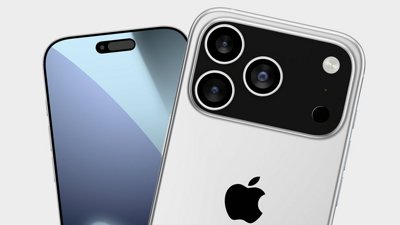



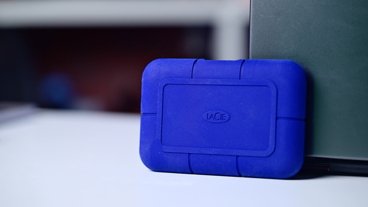
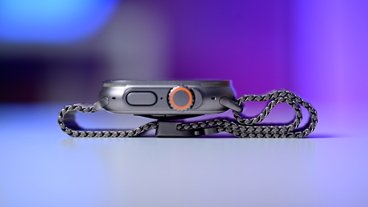
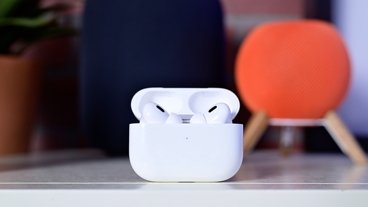

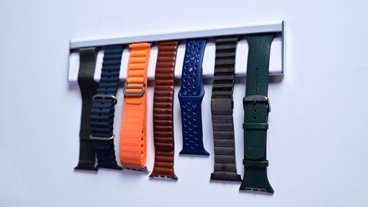


39 Comments
I think there's still the remaining question on how the apps got published in the first place - surely "mycompany" with website "Home.com" would've looked suspicious.
And what?s the nature of ?hacked? iTunes accounts?
I assume this doesn?t mean someone actually hacking Apple and stealing people?s money. Does it simply mean ?they got your password? by other means (probably viruses/spyware if you?re on Windows, or automated guessing of overly-simple passwords) and then simply logged in as you, no hack needed?
I only download music from the iTunes store. Am I vulnerable and shoudl I change my password?
Good thing my password is in language that is almost extinct.
Apple should obviously know which iTunes accounts were used to fraudulently purchase these items. Surely Apple could and should be in contact with the account owners to notify them of the fraudulent activity charged to their account.